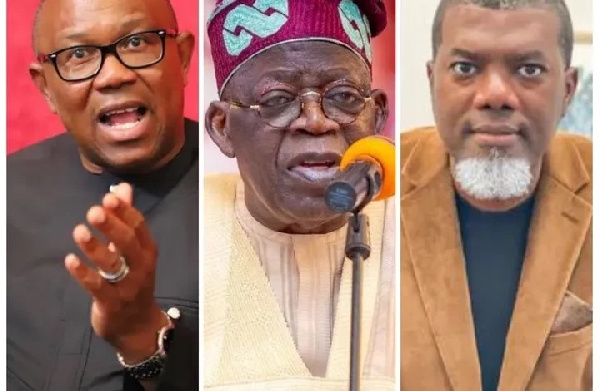All to know about BRICS and its impact on Africa and the USA

The BRICS countries represent over 40% of the world’s population and almost a quarter of the world’s GDP. The group was formed in 2009, and since then, it has become an important force in the global economy, with its members playing a significant role in the world’s political and economic landscape.
Impact on Africa
BRICS has had a significant impact on Africa, with the group’s members forging closer ties with African countries in recent years. China, in particular, has been investing heavily in Africa, with Chinese companies building infrastructure projects across the continent.
China has become Africa’s largest trading partner, with trade between the two reaching $208 billion in 2019. South Africa has also been playing an important role in forging closer ties with other African countries, with the country hosting the BRICS summit in 2018.
One of the key benefits of BRICS for Africa is the increased investment and trade opportunities. African countries have been able to benefit from the group’s investment in infrastructure projects, which has helped to improve connectivity and reduce transport costs. The group has also been working to promote trade between the BRICS countries and African nations, with the aim of boosting economic growth and development across the continent.
Another important benefit of BRICS for Africa is the group’s commitment to promoting sustainable development. The BRICS countries have been working together to address issues such as climate change and environmental degradation, which are particularly important for African countries that are vulnerable to the impact of climate change. The group has also been working to promote social and economic development, with a focus on reducing poverty and inequality.
Impact on the USA
BRICS has also had an impact on the USA, with the group’s growing influence posing a challenge to the US dominance in the global economy. The BRICS countries have been working to promote a more multipolar world order, with a focus on reducing the dominance of the US and other Western powers. This has led to tensions between the BRICS countries and the US, with the two sides engaging in a trade war in recent years.
One of the key areas of tension between the BRICS countries and the US is in the area of trade. The US has accused China of engaging in unfair trade practices, and has imposed tariffs on Chinese goods in an effort to reduce the US trade deficit with China. This has led to retaliatory measures from China, which has imposed tariffs on US goods. The trade war has had a significant impact on the global economy, and has led to concerns about the potential for a global recession.
Another area of tension between the BRICS countries and the US is in the area of political influence. The BRICS countries have been working to promote a more multipolar world order, with a focus on reducing the dominance of the US and other Western powers. This has led to tensions between the two sides, with the US accusing the BRICS countries of engaging in authoritarian practices and human rights abuses.
BRICS has become an important force in the global economy, with its members playing a significant role in the world’s political and economic landscape. The group’s impact on Africa has been significant, with the BRICS countries forging closer ties with African nations and promoting investment, trade, and sustainable development across the continent.
However, the group’s growing influence has also posed a challenge to the US dominance in the global economy, leading to tensions between the two sides in the areas of trade and political influence. As the world continues to evolve, it remains to be seen what the ultimate impact of BRICS will be on the global economy and the distribution of political power.
Source: www.ghanaweb.com





